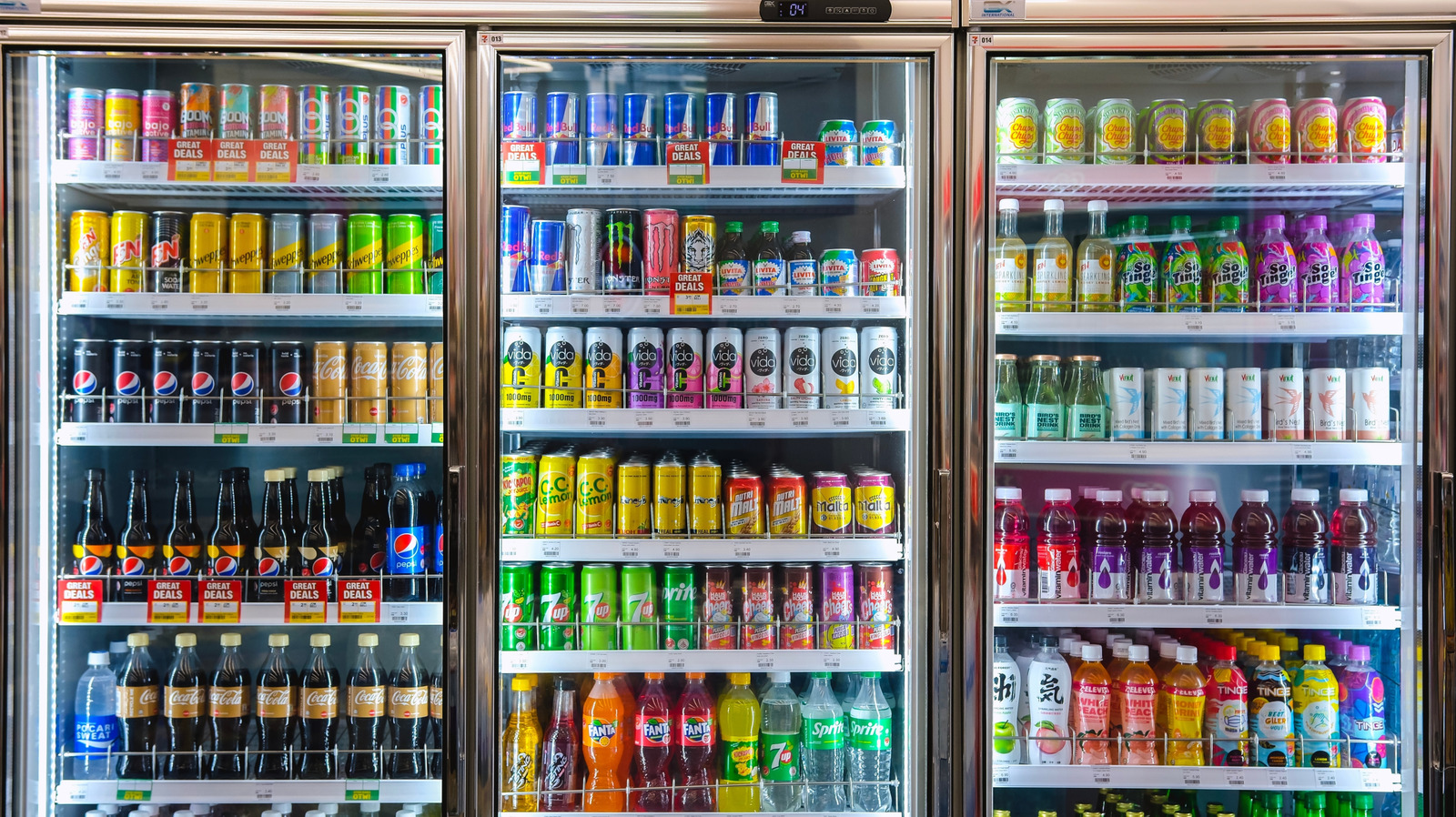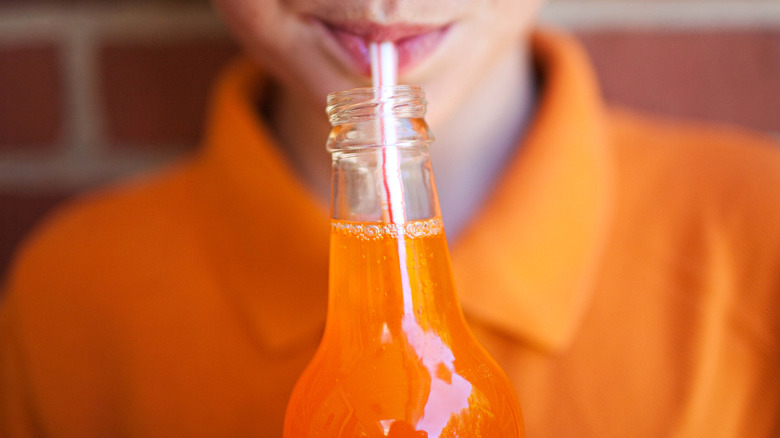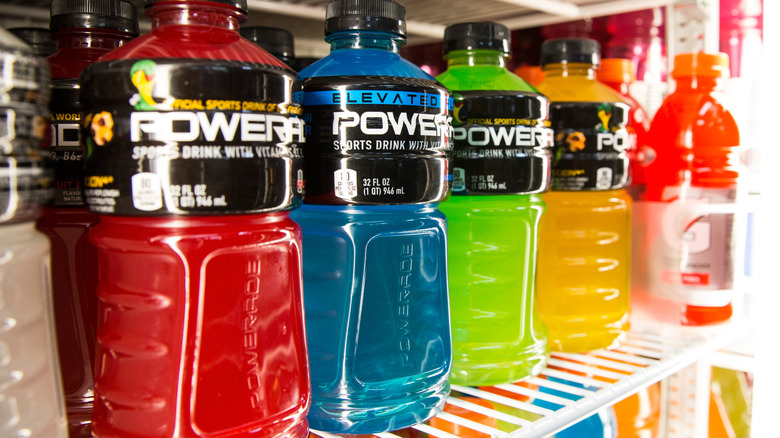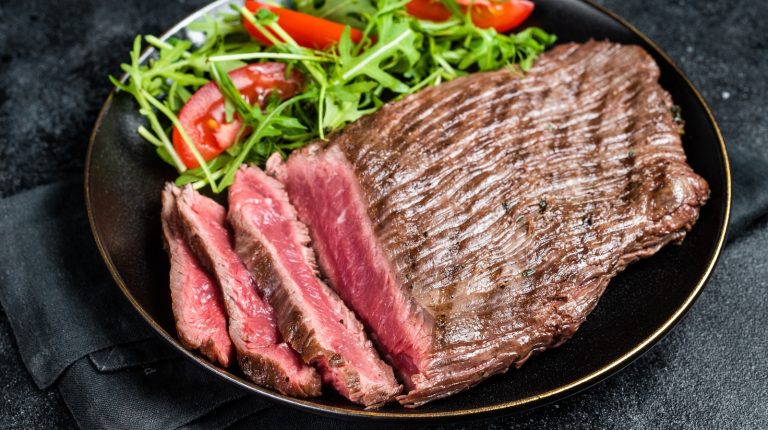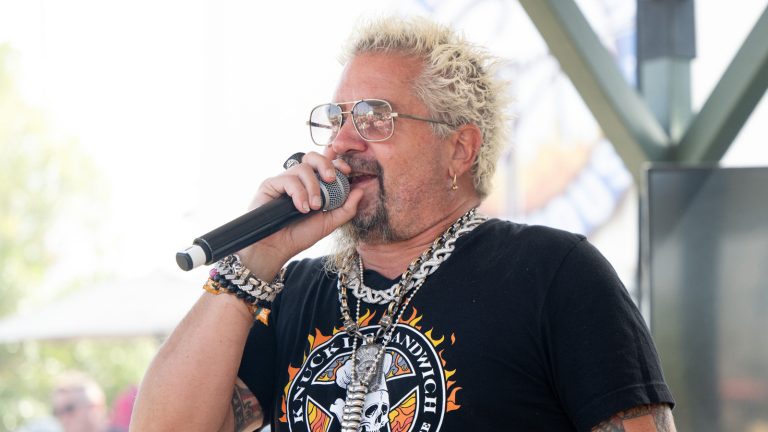After decades of controversy surrounding potentially negative health effects, brominated vegetable oil (BVO) has been banned by the U.S. Food and Drug Administration. For a long time, BVO was on the list of many food additives banned in Europe but not the U.S. It’s also banned in Japan. In the U.S., the ban went into effect on August 2, 2024, and companies were given one year from that date to alter their ingredients.
BVO is vegetable oil that contains the chemical bromine. It can be found in some citrus sodas and sports drinks and is used as an emulsifier to stabilize the ingredients in order to prevent the citrus flavoring from floating to the top of the drink. But what exactly is bromine? According to the Center for Disease Control and Prevention, bromine is a naturally occurring, brownish-red chemical that is found naturally in the Earth’s crust as well as in seawater.
What are the risks associated with brominated vegetable oil?
Bromine smells like bleach and is sometimes even used in swimming pools in place of chlorine. Consuming large amounts of bromine can cause unpleasant symptoms like nausea and vomiting, and it is also known to irritate the skin. Sounds like something not at all meant for human consumption, doesn’t it?
BVO was on the FDA’s “generally recognized as safe” list until the late 1960s, when it was removed upon the FDA becoming aware of potential safety issues. However, the organization did not ban BVO outright due to a lack of data, so instead the FDA regulated it so that beverage manufacturers could not include more than 15 parts per million of BVO in their products. However, according to the Center for Science in the Public Interest, animal studies over the years have shown that BVO gets stored in body fat and fat tissues in the heart, liver, and brain, and could cause thyroid problems and memory issues.
What drinks still use brominated vegetable oil?
Many major U.S. companies began removing brominated vegetable oil from their products even before the FDA ban. PepsiCo owns brands like Gatorade and Mountain Dew — which was actually banned in other countries due to its previous BVO content — and began phasing the chemical out of their drinks in the mid-2010s. Coca-Cola also no longer has BVO in its products, including Powerade, Fanta, and Fresca.
Some sodas on the market still have BVO in their ingredients. This includes Sun Drop, a Keurig Dr. Pepper brand, as well as the Mountain Dew imitator Faygo Moon Mist and Walmart’s Great Value Orangette orange soda.
If you’re worried about your favorite soda tasting different after the BVO ban, you likely won’t even notice. All the major soda brands have already nixed it from their products and instead use other emulsifiers and stabilizers that are deemed safe, such as sucrose acetate isobutyrate (SAIB) and glycerol ester of wood rosin. Consumers will still be able to enjoy their favorite drinks without concern that they are drinking a dangerous chemical.

